What is a VPN & 6 Best VPNs in 2023
In today’s digital age, online privacy and security are of utmost importance. We use the internet for almost everything, from banking and shopping to social networking and entertainment. However, we often forget that our online activities are not as private as we would like them to be. Hackers, advertisers, and even governments can easily access our personal data and sensitive information, putting our privacy and security at risk.
This is where VPNs come in. VPNs are a powerful tool that can help protect your online privacy and security. In this article, we will discuss what VPNs are and how they work, their benefits, and the various types of VPNs available.
What is a VPN?
A virtual private network (VPN) is a technology that allows you to create a private, encrypted connection between your device and the internet. When you connect to a VPN, your internet traffic is routed through an encrypted tunnel, making it difficult for anyone to intercept or monitor your online activities.
How does a VPN work?
When you connect to a VPN, your device establishes an encrypted connection to a VPN server. All your internet traffic is then routed through this server, making it appear as if your traffic is originating from the server’s location instead of your actual location.
This provides several benefits, including:
1.Increased online privacy: With a VPN, your online activities and data are hidden from prying eyes, making it much more difficult for anyone to track or monitor you.
2.Improved security: VPNs encrypt your internet traffic, making it virtually impossible for anyone to intercept or access your data.
3.Access to geo-restricted content: Since your internet traffic appears to be coming from the VPN server’s location, you can bypass geo-restrictions and access content that may be blocked in your country or region.
Types of VPNs
There are various types of VPNs available, including:
1.Remote Access VPNs: These are the most commonly used type of VPNs, and allow remote users to connect to a corporate network securely over the internet.
2.Site-to-Site VPNs: These VPNs are used to connect two or more sites, such as branch offices or data centers, securely over the internet.
3.Mobile VPNs: These VPNs are specifically designed for mobile devices and can help protect your online privacy and security when using public Wi-Fi hotspots or other unsecured networks.
4.Cloud VPNs: These VPNs are hosted by cloud service providers and allow users to access cloud resources securely over the internet.
Benefits of using a VPN
1.Protection of your online privacy and security.
2.Access to geo-restricted content.
3.Enhanced speed and performance by eliminating network congestion.
4.Reduced risk of identity theft and other cybercrimes.
6 Best VPNs - Protecting Your Online Privacy and Security
1.ExpressVPN
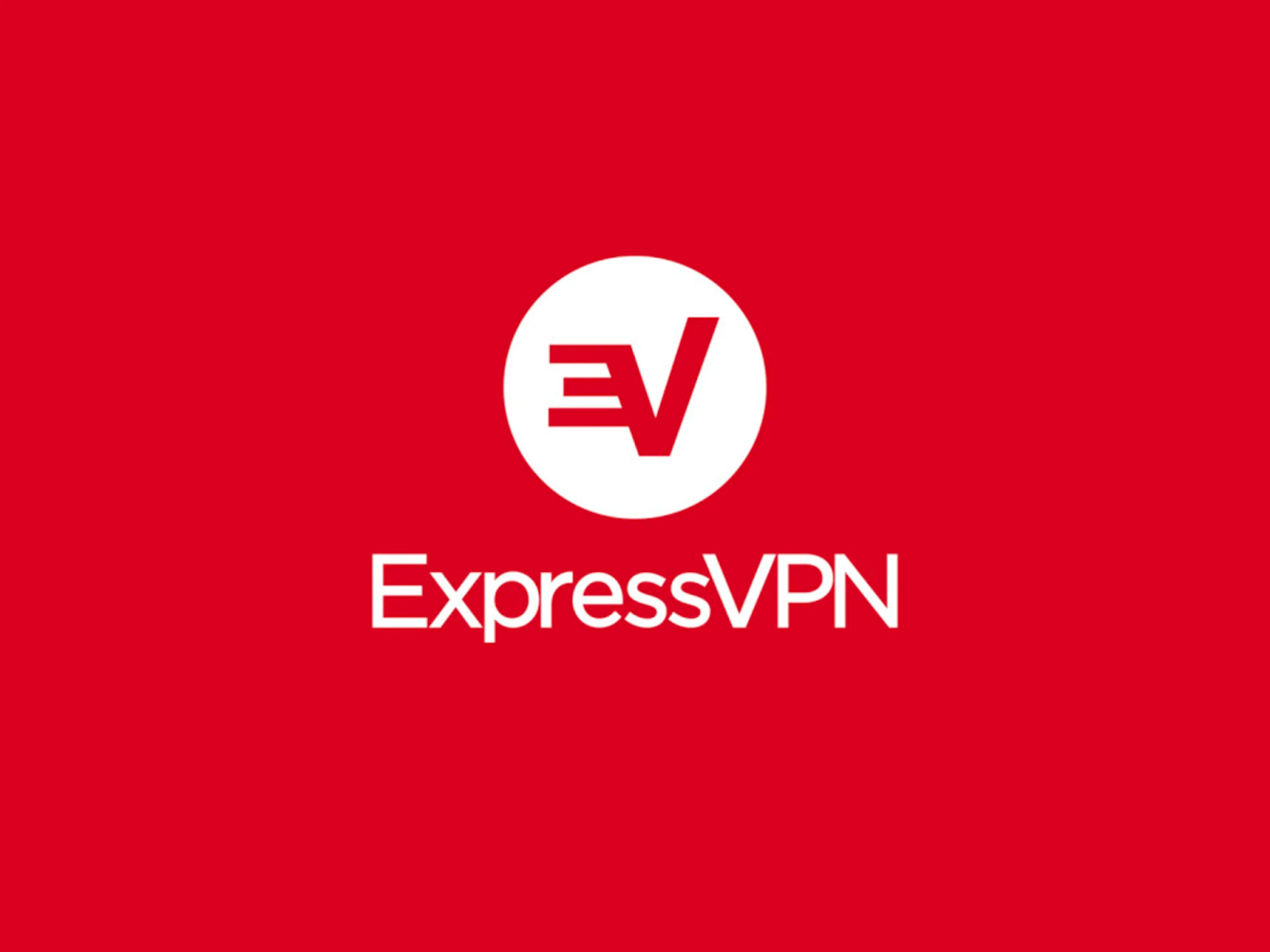
ExpressVPN is one of the most popular VPNs on the market today. It is known for its fast connection speeds and top-notch security. ExpressVPN is also incredibly user-friendly, with a simple set-up process and intuitive interface. With over 3,000 servers in more than 160 locations around the world, ExpressVPN is a great choice for anyone looking to ensure their online privacy and security.
2. NordVPN
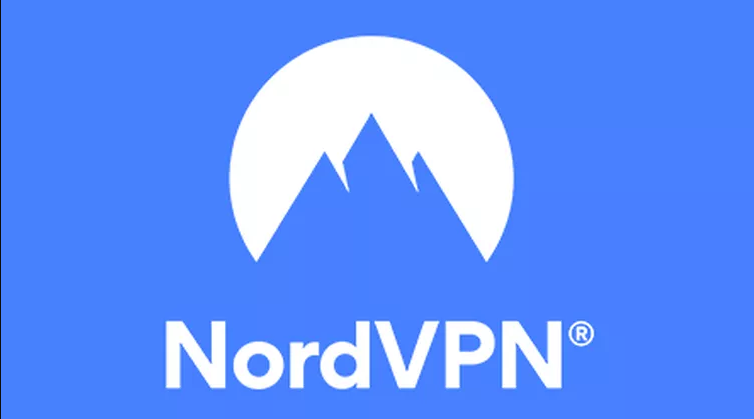
Another popular VPN option is NordVPN. NordVPN is renowned for its security features, particularly its Double VPN technology which encrypts data twice for exceptional security. It also has a large network of more than 5,500 servers in over 60 countries worldwide. NordVPN also has a no-logs policy, which means they do not store any user data, further enhancing your online privacy.
3. CyberGhost
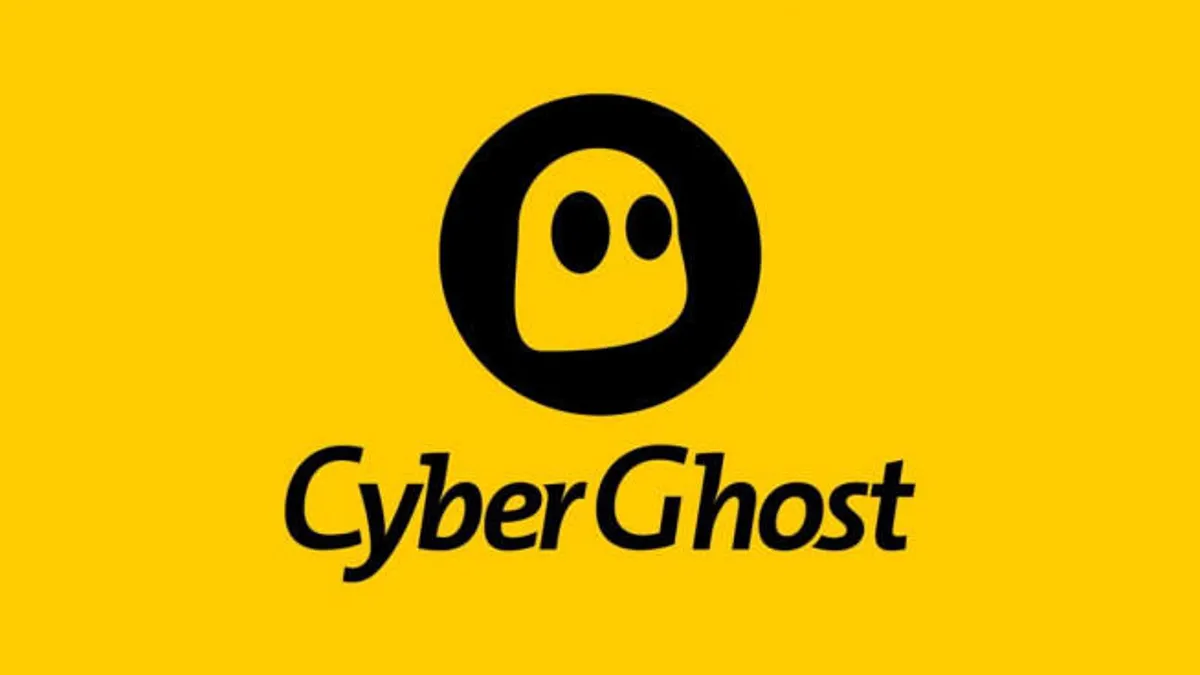
CyberGhost is an easy-to-use VPN that offers strong security features and fast connection speeds. It has more than 6,500 servers in over 90 countries and uses military-grade encryption to protect your online activities. CyberGhost also has a strict no-logs policy, which makes it a great option for users who want to protect their online privacy.
4. Private Internet Access (PIA)
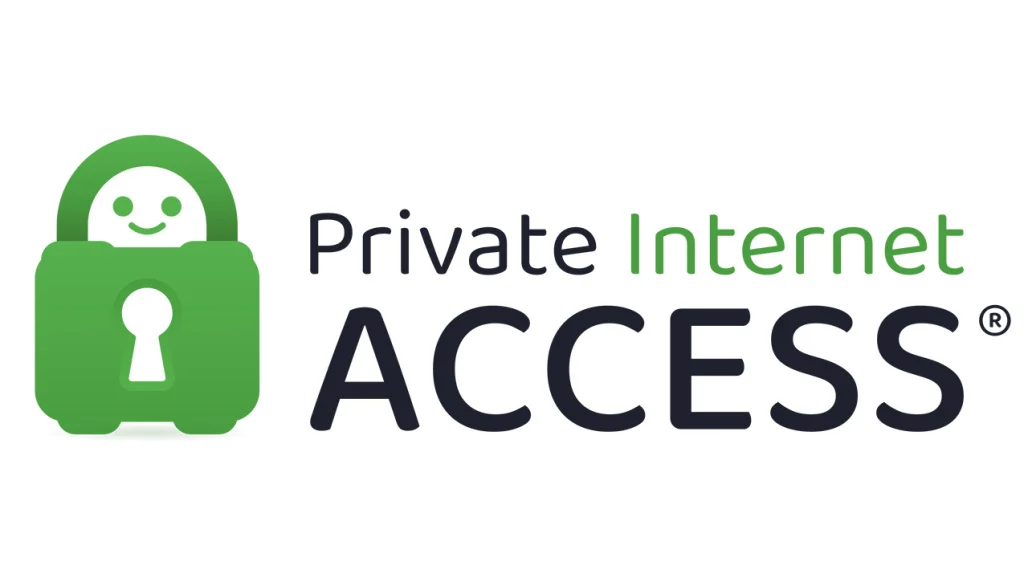
Private Internet Access, also known as PIA, is a popular VPN that offers excellent privacy and security features. It has over 35,000 servers in around 77 countries, providing users with reliable and fast connections. PIA also has a strict no-logs policy, which ensures that user data is never stored or recorded.
5. Surfshark
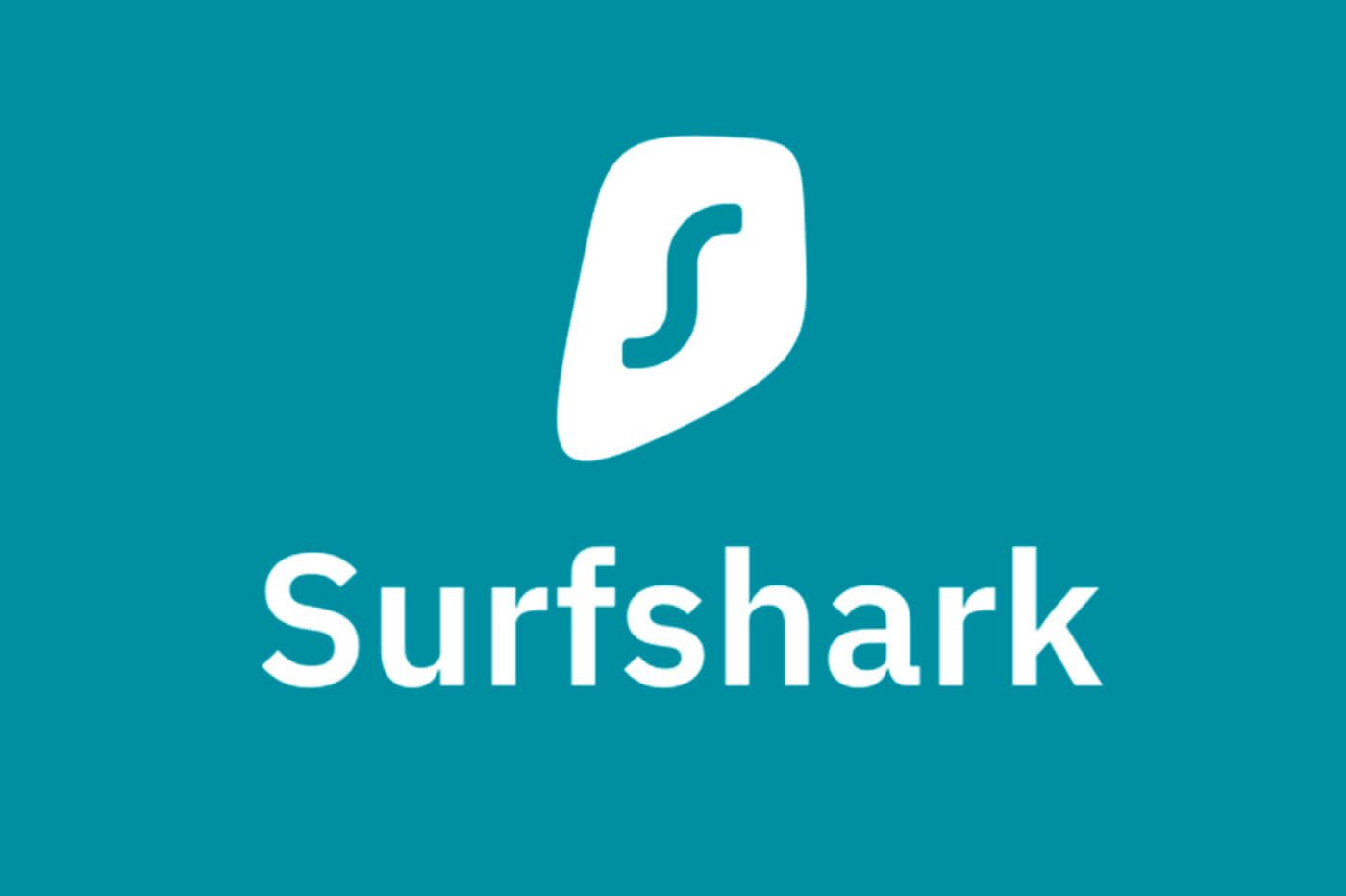
Surfshark is a relatively new VPN provider but has quickly become one of the best VPNs on the market today. It uses strong encryption and has a strict no-logs policy to keep your online activities private. Surfshark also has a feature called CleanWeb, which blocks ads, trackers, and malware, providing you with a faster and safer internet experience.
6. Greenhub VPN
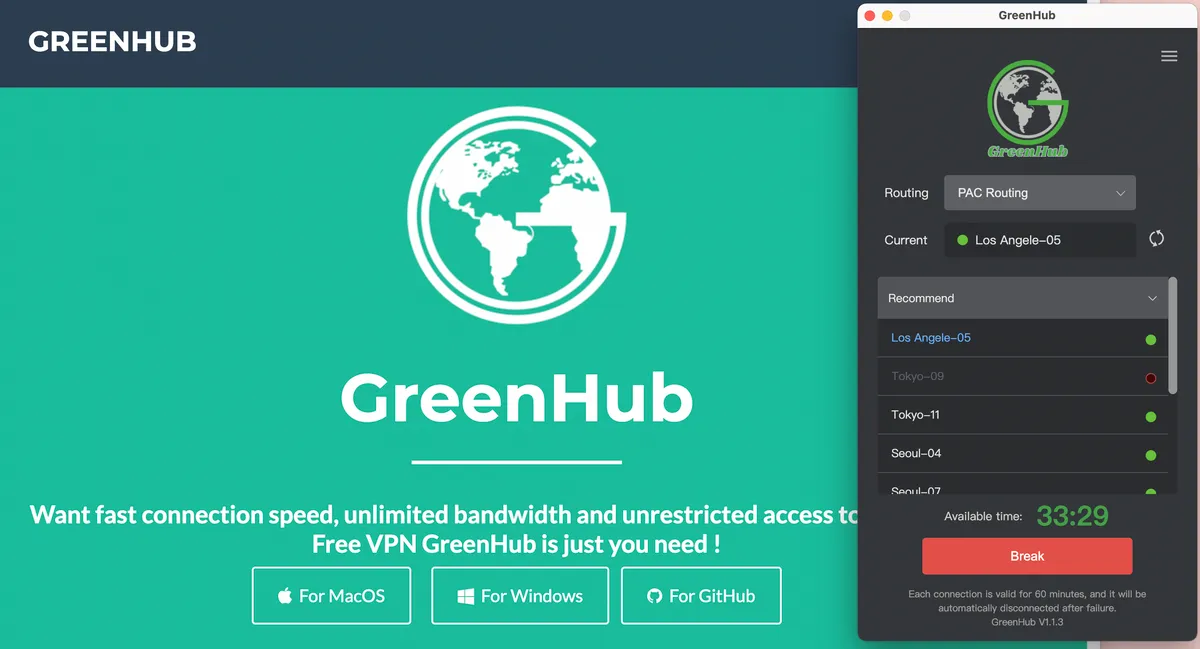
Greenhub VPN is a lesser-known VPN provider, but it offers excellent security features and fast connection speeds. It uses military-grade encryption to protect your online activities and has a strict no-logs policy to ensure that your online privacy is protected. Greenhub VPN also offers unlimited bandwidth and can be used on up to 10 devices simultaneously, making it an excellent choice for individuals and families.
There are several excellent VPNs available that can help you protect your online privacy and security. Whether you are looking for fast connection speeds, top-notch security features, or ease of use, there is a VPN available to meet your needs. Greenhub VPN is an excellent choice for those looking for a reliable and secure VPN provider that offers fast connection speeds and unlimited bandwidth.
Conclusion
VPNs are a powerful tool that can help protect your online privacy and security. They offer several benefits, including access to geo-restricted content, enhanced speed and performance, and reduced risks of identity theft and cybercrime. With the increasing level of online surveillance, using a VPN is becoming more and more necessary to protect your digital life.